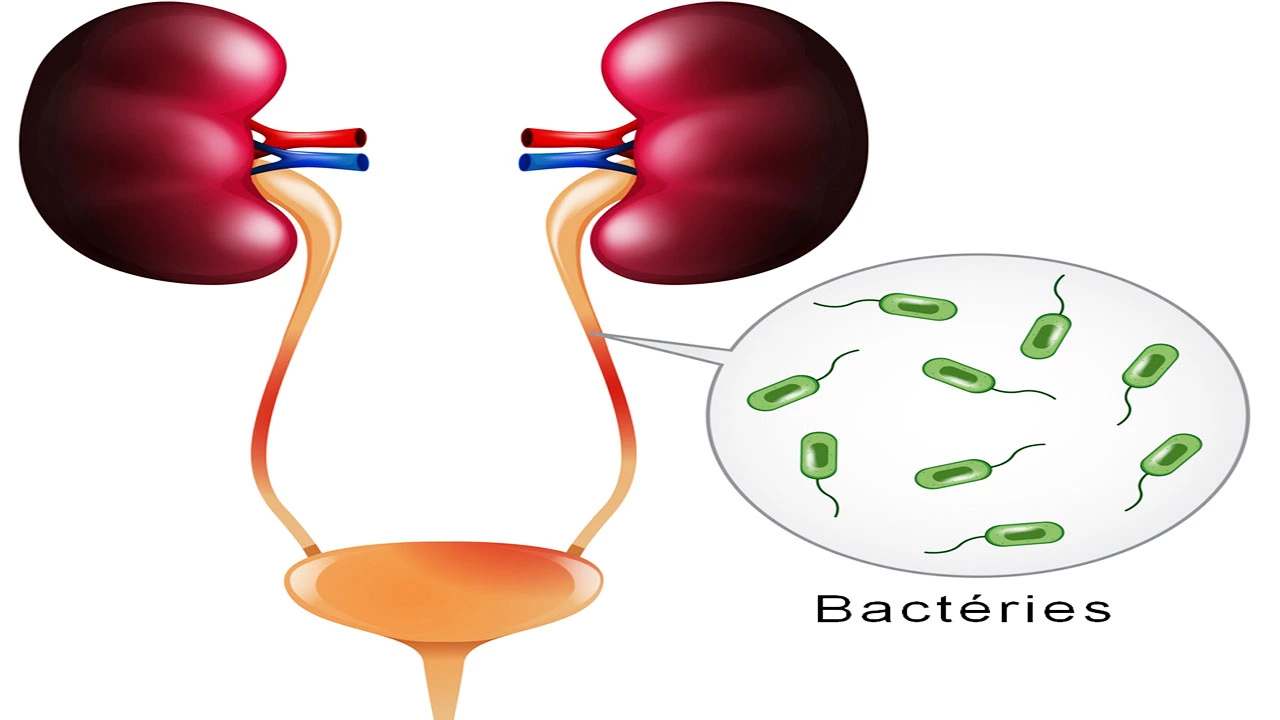Urinary Health – Essential Tips for a Happy Bladder
Your urinary system does more than just let you pee. It filters waste, balances fluids, and keeps your body safe from toxins. When it works right, you feel normal; when it doesn’t, everyday life gets annoying.
Everyday habits that protect your bladder
First off, drink enough water. Most adults need about 1.5 to 2 liters a day, but listen to your body – if you’re thirsty, sip more. Too little fluid makes urine concentrated, which can irritate the lining and invite infections.
Avoid holding it for long periods. Going when you feel the urge helps the bladder stay flexible. If you’re stuck at a desk, set a reminder every two to three hours to take a bathroom break.
Watch what you eat. Spicy foods, caffeine, and artificial sweeteners can irritate some people’s bladders. Try cutting back and see if symptoms improve. On the flip side, foods rich in antioxidants – like berries and leafy greens – support kidney health.
Spotting problems early
Burning during urination, a sudden urge, or cloudy urine are signs of a possible urinary tract infection (UTI). UTIs are common but treatable. If you notice these symptoms for more than 24 hours, call your doctor.
Kidney stones can cause sharp pain in the back or side and make it hard to pee. Staying hydrated is the best prevention, but if you’ve had stones before, talk to a healthcare professional about dietary tweaks.
Blood in urine isn’t normal. It could be a sign of infection, kidney issues, or something else that needs medical attention. Don’t ignore it – get checked out right away.
For men, prostate health can affect urinary flow. If you notice a weaker stream or frequent nighttime trips to the bathroom after age 50, schedule a check‑up. Early detection makes treatment easier.
Women often experience stress incontinence after pregnancy or during menopause. Simple pelvic floor exercises (Kegels) can strengthen muscles and reduce leaks. Consistency is key – do them daily.
Keeping a bladder diary helps you see patterns. Write down when you drink, what you drink, how many times you go, and any symptoms. This info makes doctor visits more productive.
If you take medications that increase urine output (like diuretics), talk to your pharmacist about timing doses so they don’t disrupt sleep or cause dehydration.
Finally, choose reputable online pharmacies for any prescription needs. Look for sites with clear licensing information and secure checkout. Rxmedonline can guide you to safe options.
Take these simple steps, stay aware of changes, and give your urinary system the care it deserves. A few daily habits go a long way toward keeping you comfortable and healthy.
Burning Sensation when Urinating: What You Need to Know
Experiencing a burning sensation when urinating can be quite alarming. It's often a symptom of a urinary tract infection (UTI), but it could also indicate other conditions such as sexually transmitted infections or kidney stones. It's crucial to pay attention to other symptoms such as fever, back pain, or cloudy urine to help determine the cause. If you're experiencing this issue, it's advisable to consult a healthcare provider promptly for diagnosis and treatment. Remember, it's always better to be safe than sorry when it comes to potential health issues.
